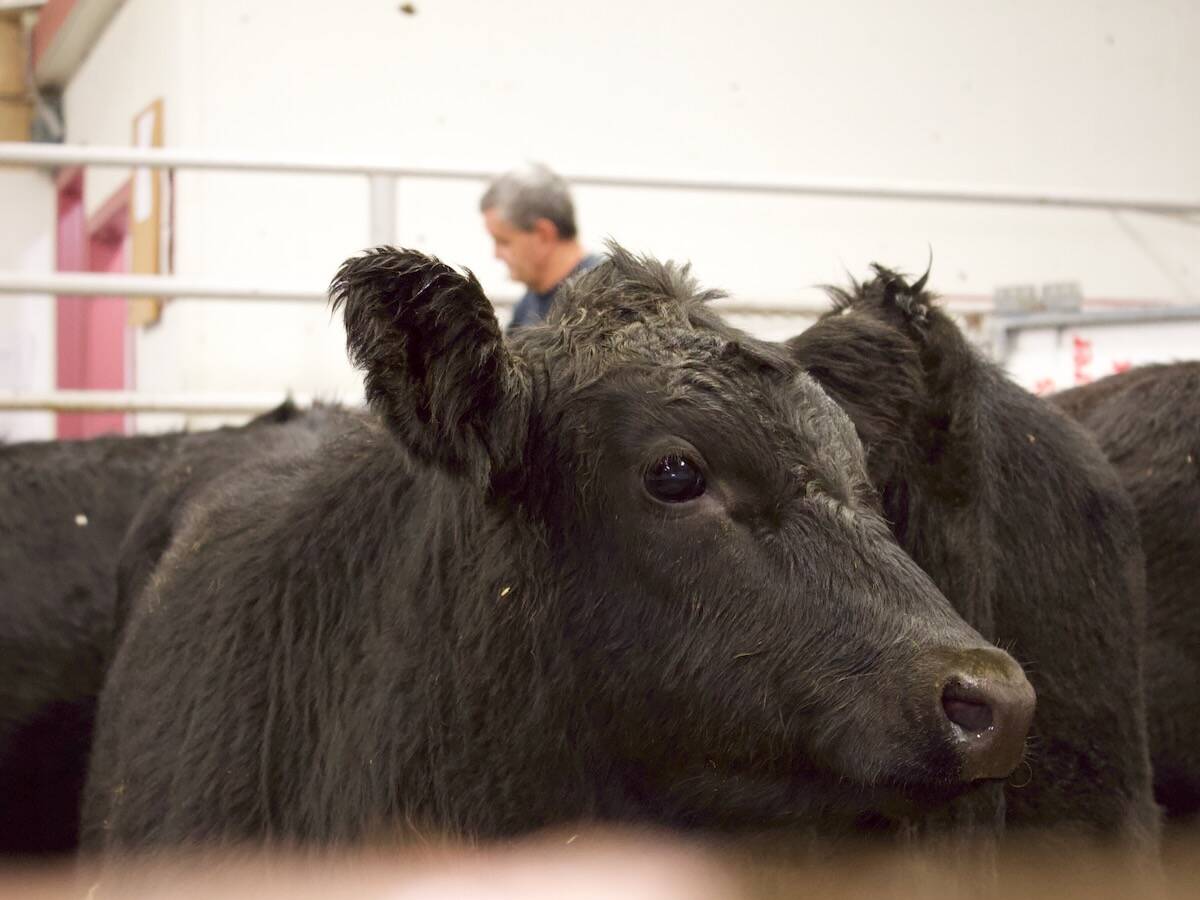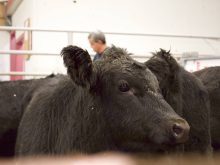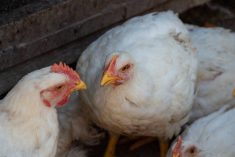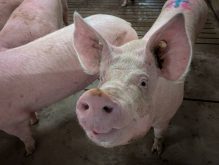Farmer-owned Quebec beef packer Levinoff-Colbex needs more funds from the province’s dairy and beef producers if it’s to survive, according to the province’s cattle producer group.
In a member newsletter released Friday, the Federation des producteurs de bovins du Quebec (FPBQ) said the beef plant ended 2007 with a loss due to a lower number of cull cattle slaughtered and higher costs associated with added regulations for disposal of specified risk materials (SRMs) related to BSE.
An independent financial analysis of the St-Cyrille-de-Wendover facility led its operators to conclude cattle producers will need to come up with funding to cover the plant’s losses and restore it to a maneuverable margin against its multinational competitors in the beef market, the group said.
Read Also

Cash incentive for CRSB Certified beef producers launched
The Canadian Roundtable for Sustainable Beef (CRSB) has launched an incentive payment for CRSB Certified producers.
The directors of the FPBQ as well as the dairy producers’ federation (FPLQ) and the Quebec farmers’ union (UPA) agree on that point, the cattle group wrote.
The newsletter didn’t attach a dollar figure to the recommendation, but the Quebec farm newspaper La terre de chez nous pegged the figure at $30 million in an article on its web site Monday. The plant, it wrote, is $47 million in debt and lacks liquid assets.
To come up with the cash, La terre reported, the groups propose a levy of 19 cents per hectolitre for dairy farmers and a $5.12 per head checkoff on cattle, to be deducted from cattle producers’ stabilization insurance payments.
It’s important that producers keep control of their stake in the market and the flow of their cattle, the FPBQ said in its newsletter. The beef and dairy groups and UPA planned a series of information meetings and consultations between March 14 and 28 to further discuss the idea with producers.
A cattle producers’ group took 80 per cent control of the packer in early 2006 by way of a checkoff of $20 per cull animal. The remaining 20 per cent is held by the Cola and Dube families who had previously owned the facility and continue to manage it.
The facility, Eastern Canada’s largest culled cattle slaughter plant, had been the focus of a blockade by cattle producers in 2004, who after making a deal for control of the plant began paying 42 per cents per pound for cattle delivered there.
Cull cattle prices had spiraled downward after the U.S. shut its border to older Canadian cattle following the discovery of Canada’s first BSE-positive cow in 2003.















